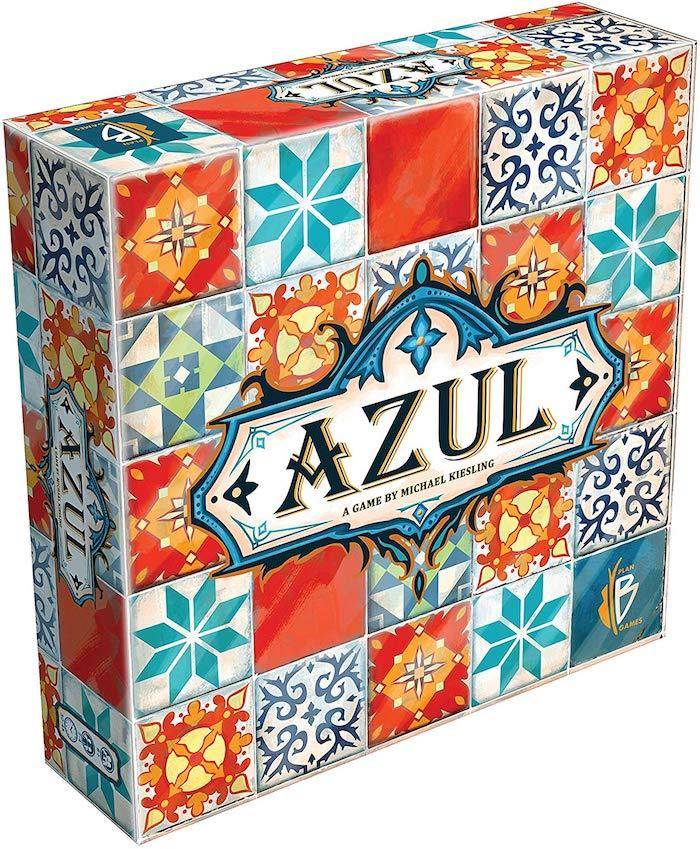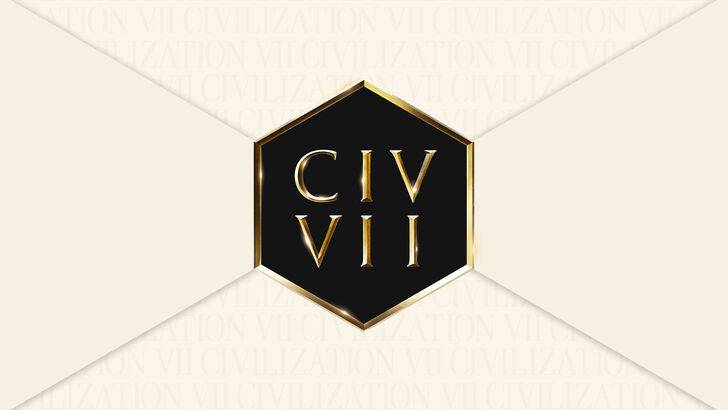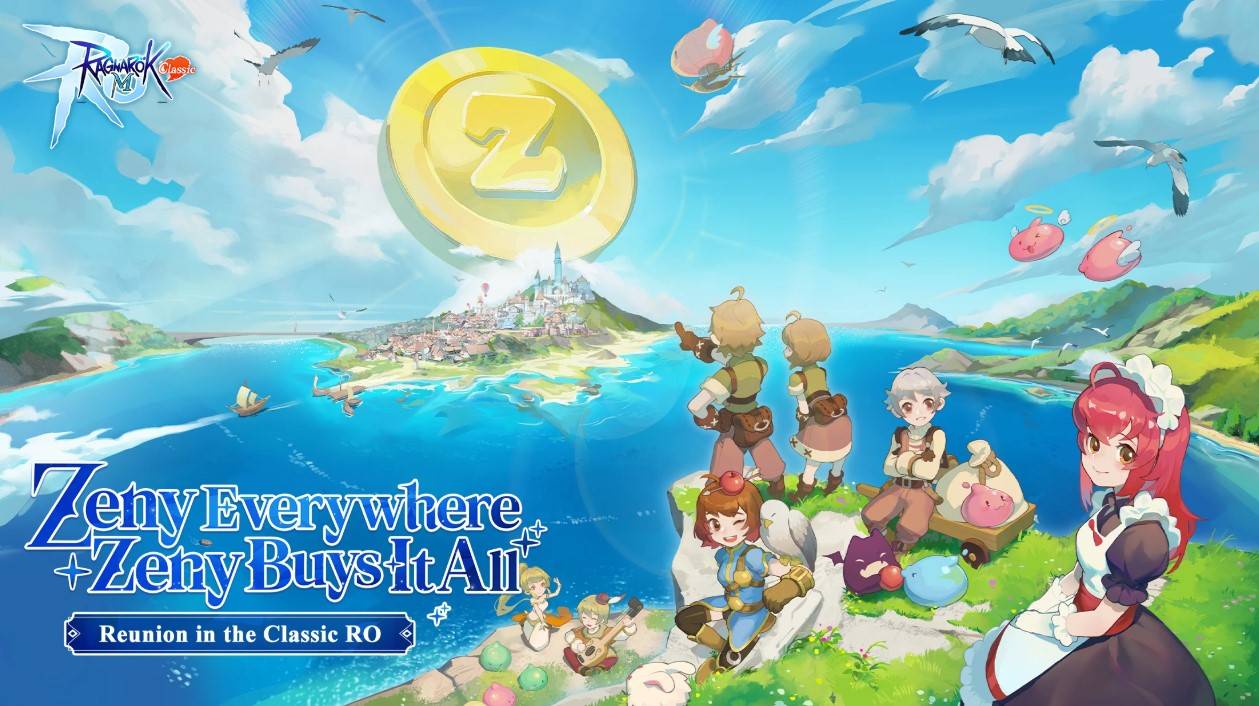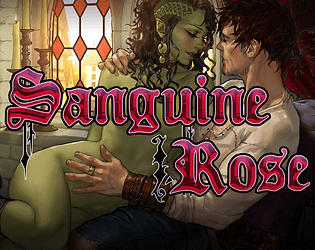

The Enduring Appeal of Classic Board Games
While modern board games offer incredible innovation and variety, classic games maintain special cultural significance. These timeless titles have shaped gaming history, proving that great design transcends generations. From strategic masterpieces to family favorites, these classics continue delivering exceptional gameplay experiences decades after their initial release.
Essential Classics for Every Game Collection
These curated selections represent the pinnacle of tabletop gaming history, each earning its status through enduring popularity, innovative mechanics, or cultural impact.
 | Azul (2017)This tile-drafting masterpiece combines stunning components with elegant strategy, creating an instant classic that revitalized abstract gaming. |
 | Pandemic (2008)The cooperative game that launched an entire genre, Pandemic's tense race against spreading infections remains unmatched in team-based gameplay. |
 | Ticket to Ride (2004)Alan R. Moon's railway empire builder set new standards for accessible strategy games with its perfect blend of route-planning and card management. |
 | Settlers of Catan (1996)The game that introduced Euro-style mechanics to millions worldwide, Catan revolutionized gaming with its perfect storm of trading, strategy, and player interaction. |
 | Sherlock Holmes: Consulting Detective (1981)This innovative detective game pioneered narrative-driven gameplay decades before it became mainstream, offering immersive mystery solving. |
Historical Milestones in Gaming
The evolution of board games spans centuries, with each era producing landmark titles that shaped gaming history:
- 1980s: Can't Stop (1980) - The quintessential push-your-luck dice game
- 1960s: Acquire (1964) - Sid Sackson's corporate strategy masterpiece
- 1950s: Diplomacy (1959) - The ultimate game of political maneuvering
- Ancient Classics: Chess (6th century), Go (2200 BC) - Timeless strategic duels
Why Classics Endure
Timeless games share common traits that make them perpetually relevant:
- Elegant core mechanics that remain engaging
- Precise balance between strategy and chance
- Universal themes that transcend generations
- Adaptability across different player counts
- Culturally significant as shared experiences
Keeping Classics Fresh
While respecting their original designs, publishers continue finding ways to enhance classic games:
- Deluxe editions with premium components
- Streamlined rules for modern audiences
- Digital implementations allowing online play
- Companion apps that enrich gameplay
From family game nights to competitive tournaments, these classics continue bringing people together, proving that great game design never goes out of style.
















